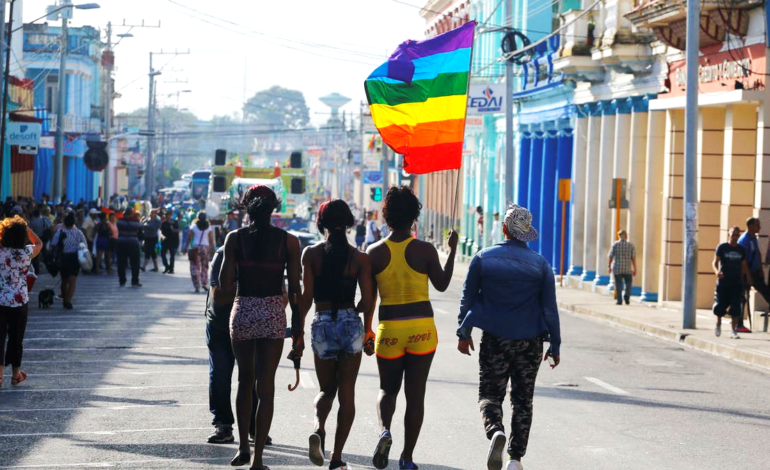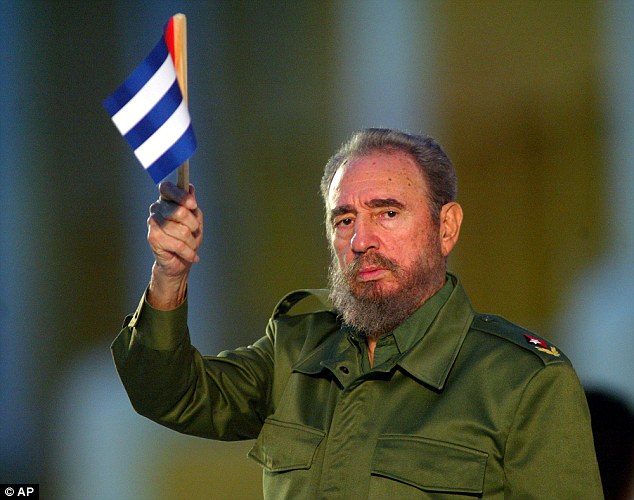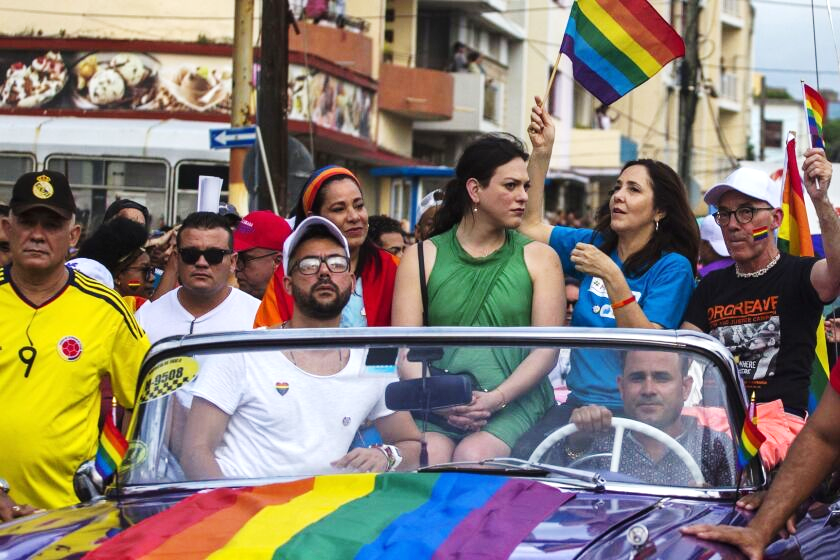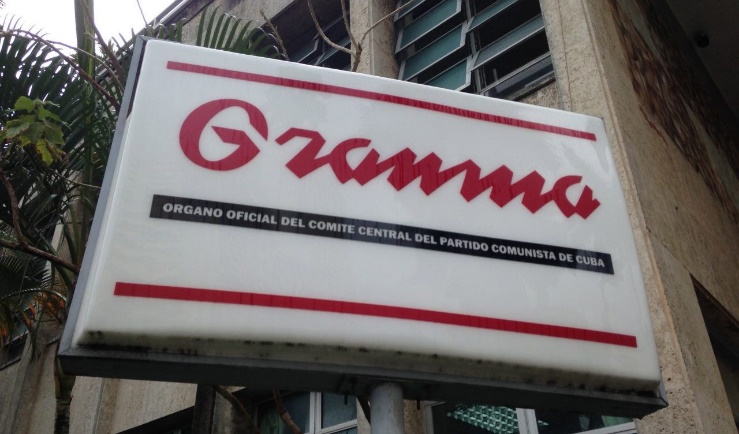
Avellon Williams
HAVANA, CUBA- Cuba’s communist government is hoping a referendum vote will seal the fate of a new family code opening the door to gay marriage and boosting women’s rights. But experts and a recent survey suggest that may not be the case.
A tepid response to reforms, which clash with the island’s entrenched “machista” culture, threatens to put a stop to state-backed supporters amid the government’s push for frank and open debate.
A new set of regulations on family behavior is laid out in Cuba’s proposed 100-page code. Townhall meetings throughout the island are examining the new rules. It overhauls several 1975 laws from the era of ex-Cuban President Fidel Castro.

In 2010, Castro acknowledged the persecution of gay people on the island, who were rounded up shortly after his 1959 revolution and placed in forced labor camps. Castro took personal responsibility and called it a “great injustice.”
In the new code, same-sex marriage and civil unions would be legalized, such couples would be able to adopt children, women’s rights would be strengthened, and domestic responsibilities would be equally shared among couples. It also introduces novelties such as prenuptial agreements and assisted pregnancy.

Parents would have a “responsibility” rather than “custody” of children and be required to respect children and adolescents’ dignity and physical and mental integrity.
Throughout the code, parents and courts are advised to give maturing children more control over their lives.
But the outcome of the referendum vote, scheduled for sometime this fall, is far from certain.
In Cuba, the Roman Catholic Church has lashed out against gay marriage, saying it is riddled with “gender ideology” that threatens parental authority and would result in “indoctrination of children in schools without parental consent”.

According to Gramma, the Communist Party daily, organizers of a high-level meeting in mid-March reported that 54% of participants had expressed support for the code after the first half of the meetings through April had been completed.
In Cuba, referendums are typically passed by large majorities, but three experts consulted by Reuters said this one may have an uphill battle approaching.

According to Bert Hoffman, a Latin American expert at the German Institute for Global and Area Studies, the code is perhaps the most progressive in Latin America regarding gender rights and generational rights. Hoffman added that the text was mostly compiled by state authorities rather than by grassroots activists.
“All elections, all referendums, have been under the guidance of the Communist Party or Fidel Castro’s leadership, and the outcome was always a given, and now for the first time the outcome is uncertain,” Hoffman said.
Those in favor of the measure argue that the 46,000 neighborhood meetings have so far served as a model of the democratic process.
“People have the possibility of raising their doubts or concerns,” said Rafael Ortega, who attended a night-time meeting earlier this year in the Havana neighborhood of Diez de Octobre.
“I consider this to be a very democratic thing.”
Experts said that the code reflects the growing influence of women on the island, where they are increasingly represented in political leadership.
Government statistics show that women head nearly half of Cuban households, and more than 60% of Cuban professionals are women.
It would be ‘revolutionary’ if those changes were codified, said Mariela Castro, the daughter of Raul Castro. She expressed confidence Cubans would approve of the reforms.
“Anything new always brings with it uncertainty,” the long-time social activist said.





Recent Comments